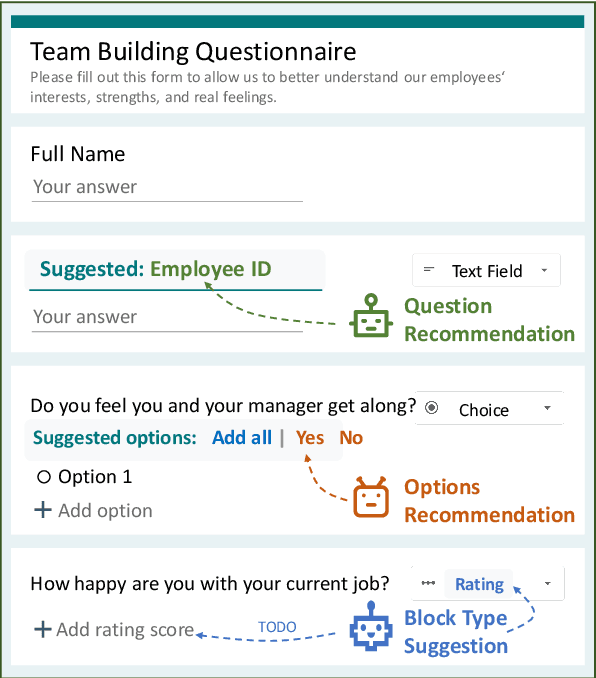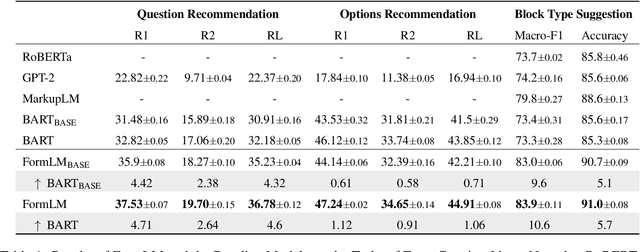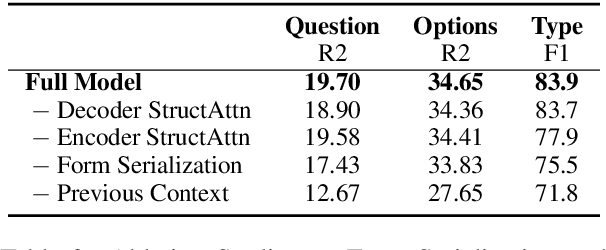Hongwei Han
LUNA: Language Understanding with Number Augmentations on Transformers via Number Plugins and Pre-training
Dec 06, 2022Abstract:Transformers are widely used in NLP tasks. However, current approaches to leveraging transformers to understand language expose one weak spot: Number understanding. In some scenarios, numbers frequently occur, especially in semi-structured data like tables. But current approaches to rich-number tasks with transformer-based language models abandon or lose some of the numeracy information - e.g., breaking numbers into sub-word tokens - which leads to many number-related errors. In this paper, we propose the LUNA framework which improves the numerical reasoning and calculation capabilities of transformer-based language models. With the number plugin of NumTok and NumBed, LUNA represents each number as a whole to model input. With number pre-training, including regression loss and model distillation, LUNA bridges the gap between number and vocabulary embeddings. To the best of our knowledge, this is the first work that explicitly injects numeracy capability into language models using Number Plugins. Besides evaluating toy models on toy tasks, we evaluate LUNA on three large-scale transformer models (RoBERTa, BERT, TabBERT) over three different downstream tasks (TATQA, TabFact, CrediTrans), and observe the performances of language models are constantly improved by LUNA. The augmented models also improve the official baseline of TAT-QA (EM: 50.15 -> 59.58) and achieve SOTA performance on CrediTrans (F1 = 86.17).
FormLM: Recommending Creation Ideas for Online Forms by Modelling Semantic and Structural Information
Nov 10, 2022



Abstract:Online forms are widely used to collect data from human and have a multi-billion market. Many software products provide online services for creating semi-structured forms where questions and descriptions are organized by pre-defined structures. However, the design and creation process of forms is still tedious and requires expert knowledge. To assist form designers, in this work we present FormLM to model online forms (by enhancing pre-trained language model with form structural information) and recommend form creation ideas (including question / options recommendations and block type suggestion). For model training and evaluation, we collect the first public online form dataset with 62K online forms. Experiment results show that FormLM significantly outperforms general-purpose language models on all tasks, with an improvement by 4.71 on Question Recommendation and 10.6 on Block Type Suggestion in terms of ROUGE-1 and Macro-F1, respectively.
 Add to Chrome
Add to Chrome Add to Firefox
Add to Firefox Add to Edge
Add to Edge